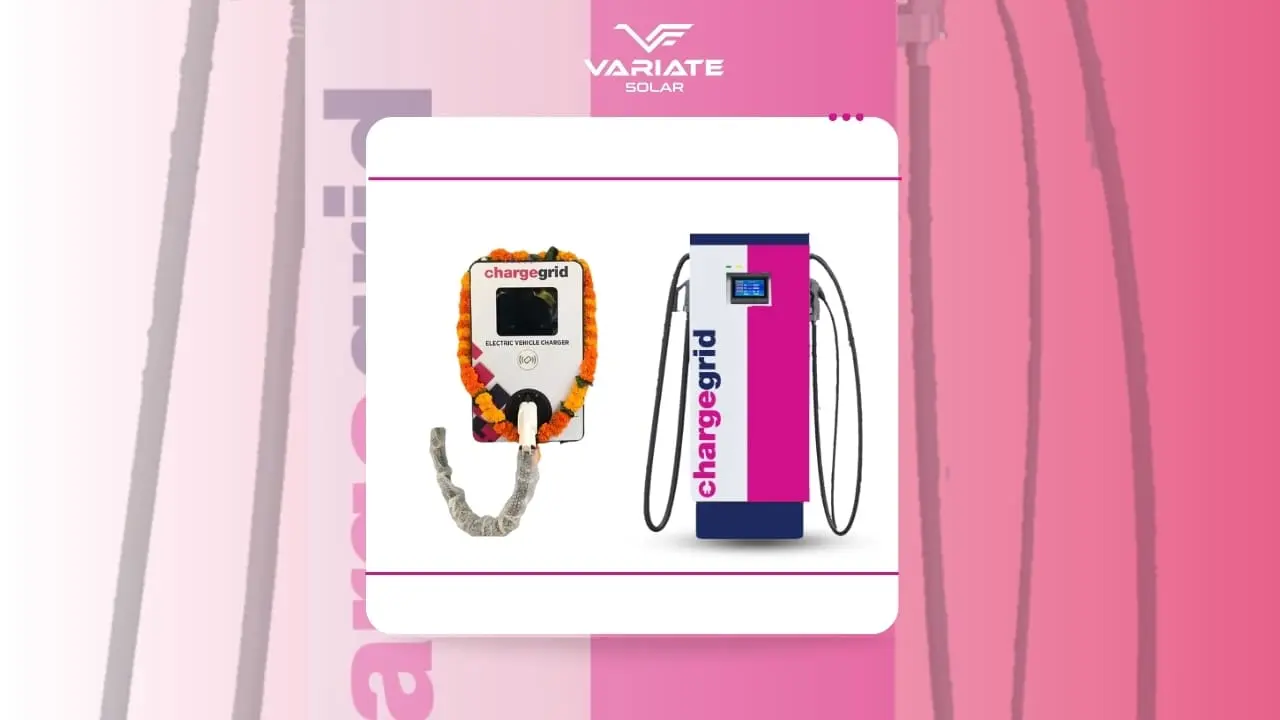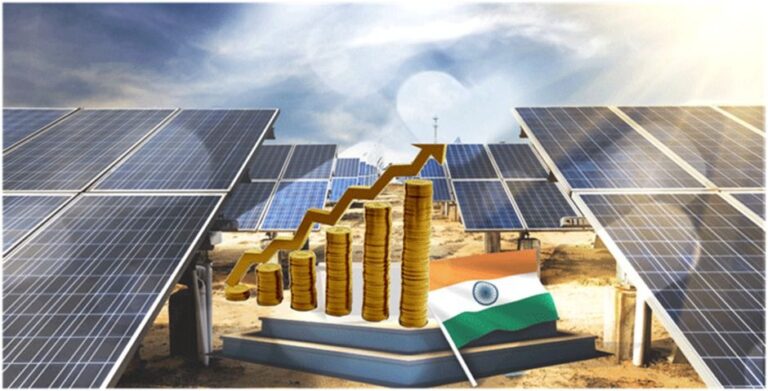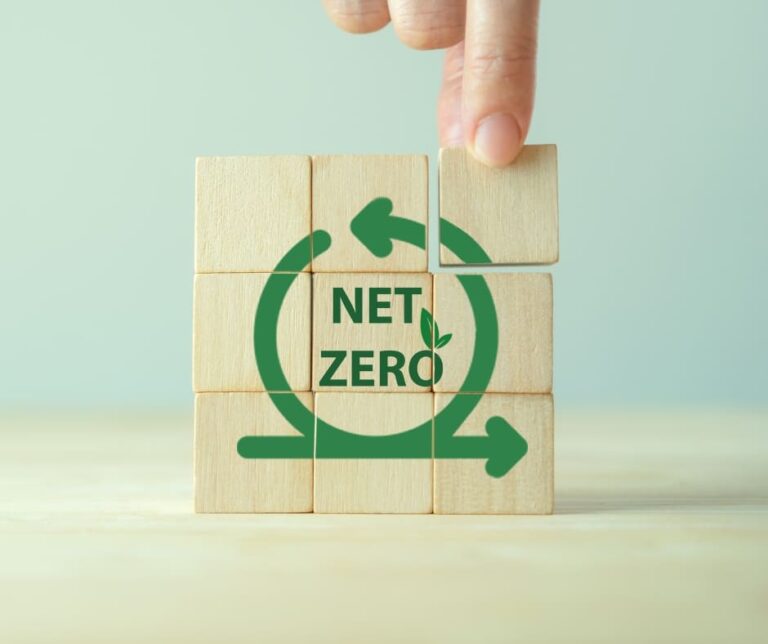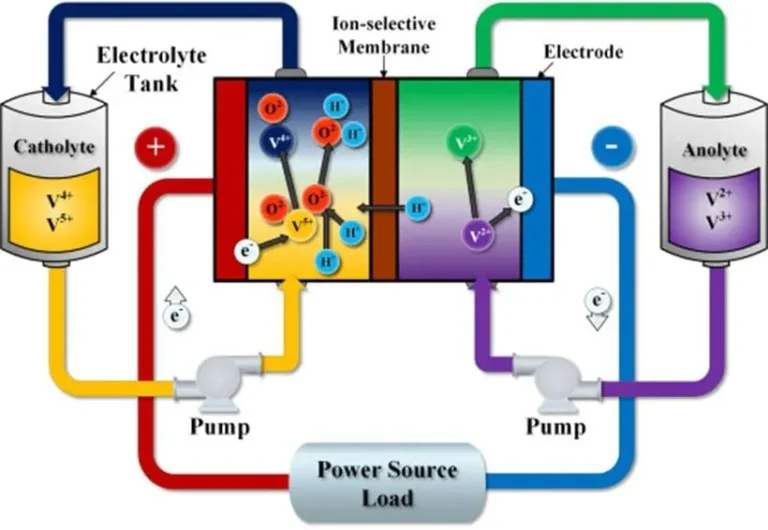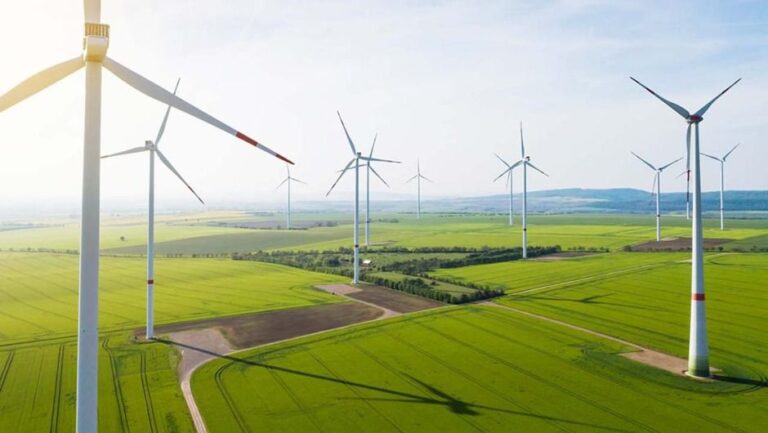Is Charging Infrastructure Ready for Increasing EV Adoption?
To save petrol and environment, many countries are shifting to EVa. India’s transportation system is about to undergo a significant transformation, as the Ministry of Road Transport and Highways has set lofty goals under EV30@2030. The necessity for local Electric Vehicle (EV) battery refining abilities is a crucial issue that requires attention as the country works to electrify its transportation sector.
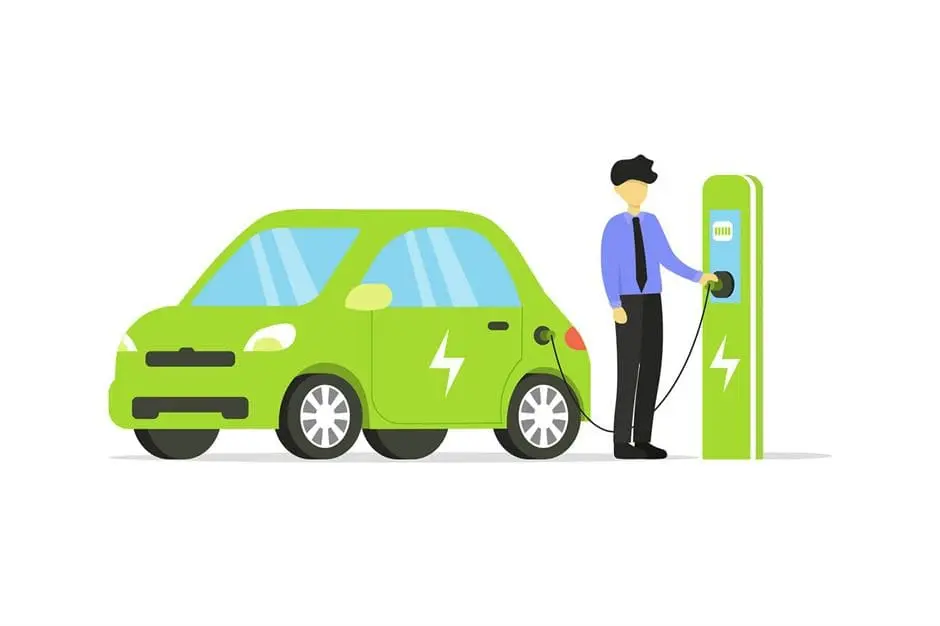
India sees electric vehicles as the way of the future, therefore developing domestic EV battery refining capabilities becomes crucial. It offers economic growth, job opportunity, sustainable development, and strategic influence on the world arena, in addition to handling material safety and import dependency. The ability of the country to develop a strong and independent ecosystem for the manufacture of EV batteries will determine how far it can go toward an environmentally friendly and electric future.
Challenges
Customers and electric vehicle manufacturers (EV OEMs) are aware of the challenges impeding the widespread installation of charging infrastructure in the country.
Grid and Infrastructure Shortages
Customers are looking for solutions to increase the charge time of their cars and increase the range of their travel with easy EV charging hubs due to the time and power limits of AC charging alternatives for at-home charging. Grocery stores and retail malls have adopted direct current fast charging (DC fast charging) systems, which enable nearly complete charges in a matter of minutes. Nevertheless, the accessibility and widespread availability of these charging devices are not supported by the current infrastructure.
ev charging stations
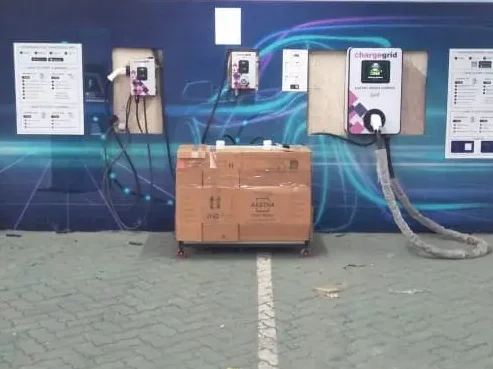
Power Topology Design
Constructing a power topology that can support meeting present and future demands comes with several obstacles. From the standpoint of grid power and charging infrastructure power, a sophisticated approach must be implemented at each ev charger station. For instance, to make sure the grid can handle fluctuations in the amount of electricity needed, creating a charging station next to a highway would necessitate knowledge of the number and kinds of EVs stopping there for a charge. The availability of possibilities for making use of time efficiently is a factor to be taken into account while choosing places for charging infrastructure.
Why is it essential to recycle EV batteries?
Another question now emerges: what will occur to EV batteries that are nearing their end of life (about 10 to 15 years from now)? Recycling the batteries is one approach to put them to good use after their shelf life. Niti Ayog predicts that the market for recycling EV batteries will reach 128 GWH by 2030, up from 2 GWH in 2023. Electric battery packs made of cobalt, nickel, and lithium are necessary for electric transportation. Like any fossil fuel, all three are resources that are taken from the planet. These resources may become scarce as a result of frequent extraction. Therefore, by recycling existing EV batteries, we can help create smaller batteries by extracting any accessible minerals.
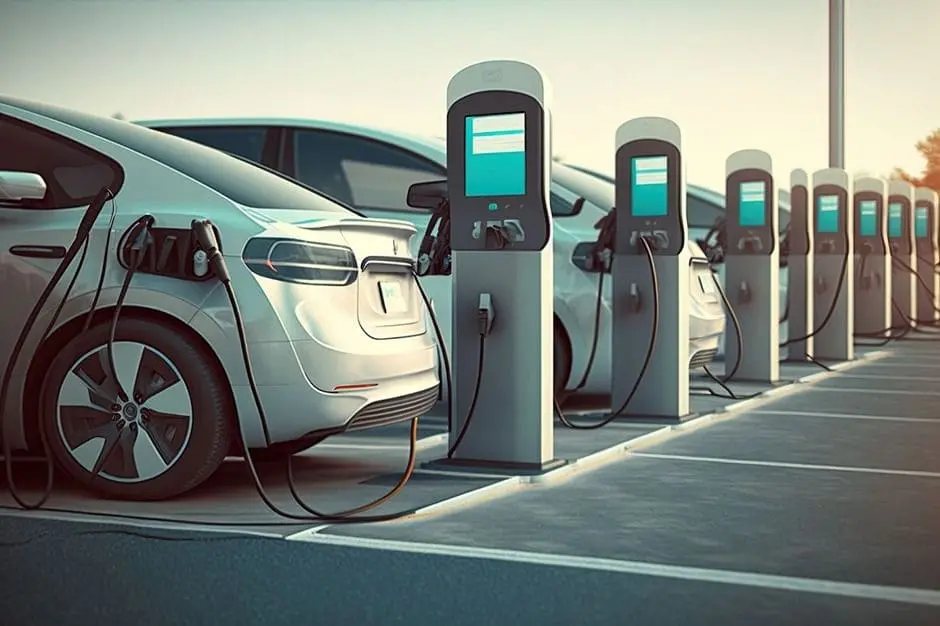
What is the estimated demand and current state of the EV charging ecosystem in India?
The absence of public charging infrastructure in India is the main obstacle to the adoption of electric or hybrid vehicles. By March 2023, there were reportedly 6,586 public charging stations in existence, 419 of which were situated on national highways.
According to a Confederation of Indian Industry (CII) report titled “Changing Infrastructure for Electric Vehicles,” India may need 1.32 million charging points by the end of 2030 to keep up with the country’s rapidly increasing demand for electric vehicles.
Additionally, it has been anticipated that annual sales of EVs will reach approximately 106 million by 2030. India needs more than 4 lakh charging stations a year to meet its demand, which is ideally 1 charger for every 40 electric vehicles. By 2030, 1.32 million charging stations should be present annually. Nevertheless, the rate of expansion of EV charging stations is not keeping up with the requirements for electrification.
Conclusion
Although India has made progress in encouraging electric vehicles, several issues must be resolved to guarantee a seamless shift. Some variables, such as the creation of infrastructure, pricing, technical breakthroughs, governmental regulations, and public awareness, affect how prepared people are for electric vehicles. Is India prepared to use electric cars? India can dominate the EV industry. However, to get over the challenges and establish EVs as a practical and sustainable form of transportation for everybody, coordinated actions from a range of stakeholders are required.
